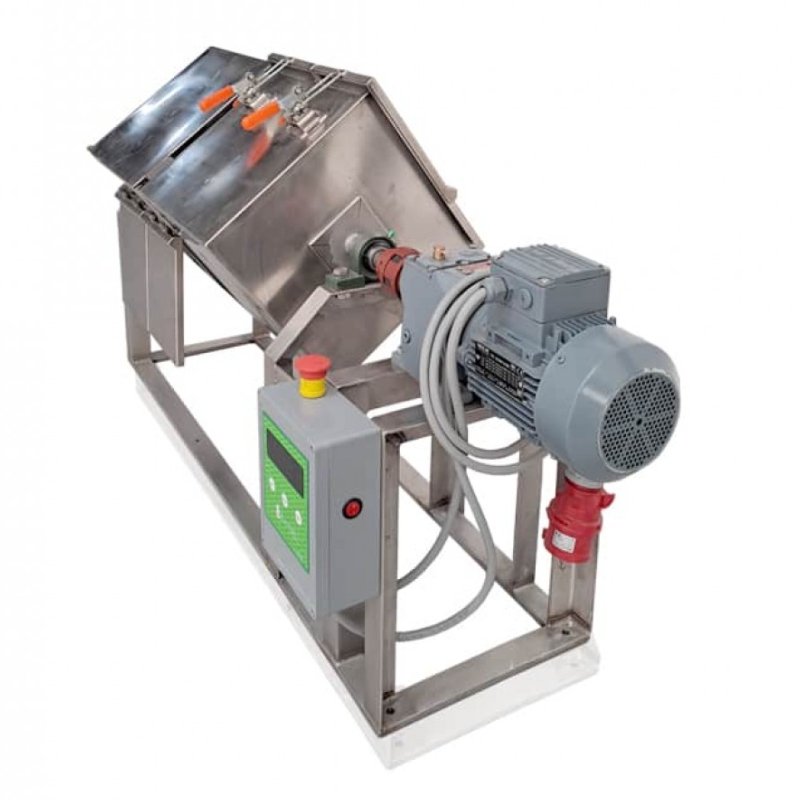Bastak Pellet Tester 17000 – Accurate Testing for Pellet Durability in Animal Feed Production
The Bastak Pellet Tester 17000 is a high-precision laboratory device used to evaluate the Pellet Durability Index (PDI) of animal feed. This essential tool simulates the mechanical stress pellets face during transport and handling, allowing feed producers to assess how well pellets hold their form under pressure. Accurate PDI measurement is critical to producing high-quality, dust-free feed for livestock.
Conforming to international standards such as ASAE S269-4 and EN 15210-1, the Pellet Tester 17000 provides reliable and reproducible results. Its operation involves rotating feed pellets in a controlled chamber, where they are subjected to friction and impact. After testing, the remaining intact pellets are separated from fines using a sieve system, giving a precise PDI calculation.
Designed for use in feed mills, quality control labs, and research institutions, this pellet durability tester features an ergonomic build and intuitive interface for easy operation. The test duration is adjustable, allowing operators to tailor the analysis to specific pellet types and production standards.
Thanks to its compact footprint and robust design, the Bastak Pellet Tester 17000 can be seamlessly integrated into any lab or production environment. It helps manufacturers ensure that feed pellets meet durability specifications—improving storage, transport efficiency, and overall feed performance.
Whether you are monitoring production batches or developing new pellet formulas, this animal feed pellet testing device is a must-have for quality assurance professionals.
Pellet feed is the compaction of powder feed to make it ready for use in different sizes and diameters. The physical benefits of pelleting can be counted as the easy transport, storage, homogeneity of the feed, the reduction of feed losses, the increase in density and the decrease in transportation costs. Quality production of pellet feed is economically important; should not be left to chance. In pellet feed, fragmentation, comminution and dusting are usually created by mechanical action on the pellets during transportation. These forces can be classified as impact compression and shear. These forces cause the pellets to break down, crush and wear the pellet surfaces. Mechanical processes such as packaging and transport require the pellets to be of good quality so that the pellets can be transported to farms without breaking too much and without losing their integrity. The pellet durability index (PDI) is one of the key parameters used to determine the quality of pellets because it indicates the percentage of pellets that remain intact after mechanical force application.
ADVANTAGES:
– Suitable for animal feed pellets
– The developed method has also been accepted by the US Agricultural Engineers Association as a standard method.
– Approved by Kansas State University
– Ergonomic Design
– Fast and Simple Usage
– Adjustable Test Duration



There are no reviews yet.